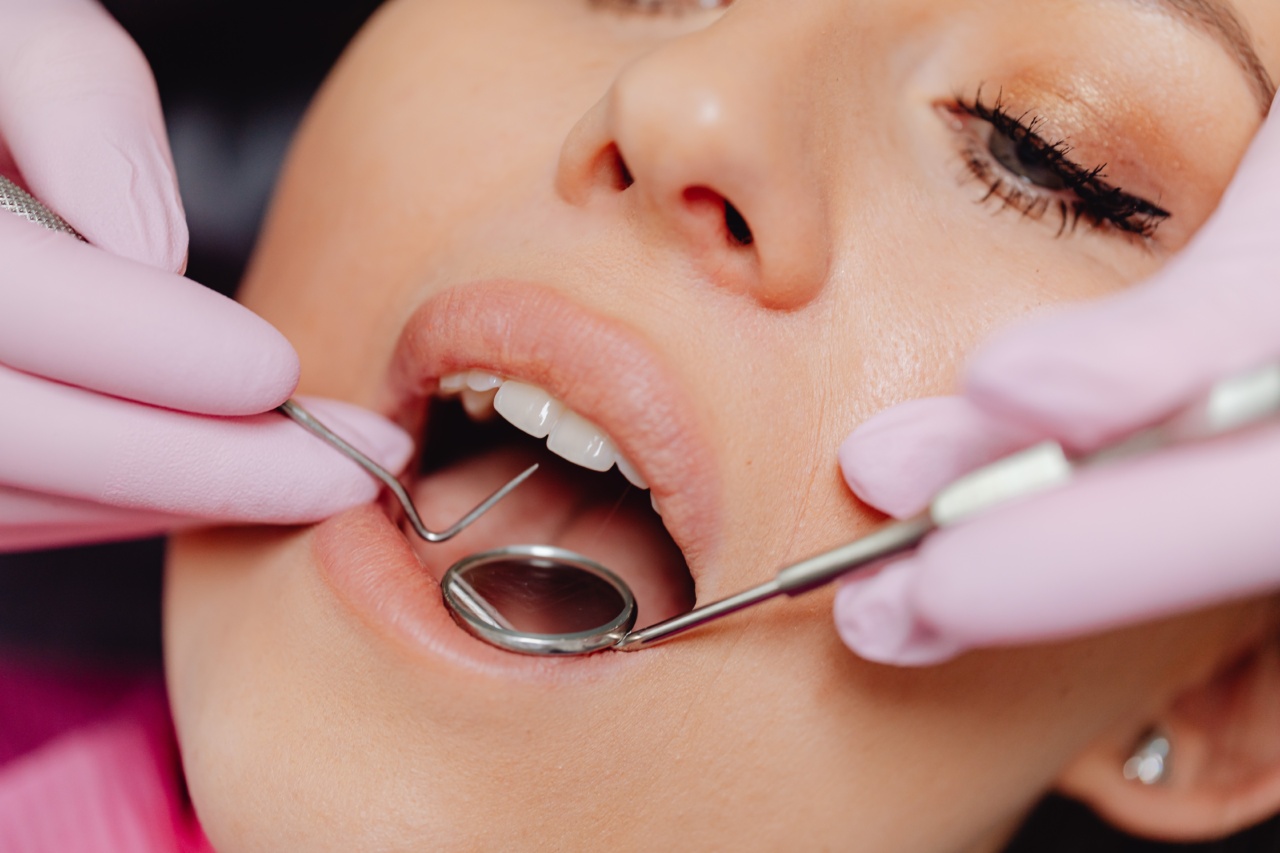Multiple Sclerosis (MS) is a neurological disease that affects the central nervous system’s ability to function correctly.
The disease damages the protective layer of the nerve cells, which makes it harder for the brain to control the body’s movements. Common symptoms of MS include loss of balance, muscle weakness, and muscle spasms, which can also affect patients’ oral health and dental care.
Difficulty in Brushing and Flossing Teeth
MS patients may experience difficulty in brushing and flossing their teeth regularly due to the disease’s effect on the muscles and joints.
Weakness in the arms, hands, and fingers may make it difficult for them to hold and use a toothbrush or floss efficiently. This difficulty in maintaining proper oral hygiene can lead to issues such as cavities, gum inflammation, and tooth decay.
Dry Mouth
MS patients may also experience dry mouth, known as xerostomia, due to reduced saliva production.
This condition increases the risk of developing tooth decay and gum disease, as saliva plays a crucial role in cleaning the mouth, neutralizing acids, and protecting the teeth from bacteria. MS patients may also face difficulty in swallowing, which can add to the problem of dry mouth and diminish their quality of life.
Difficulty in Chewing and Swallowing
MS patients may have difficulty eating and swallowing food due to muscle weakness and tremors. The inability to chew food correctly can lead to digestion problems and malnutrition, which may ultimately impact their oral health.
Malnutrition can reduce the body’s ability to fight against infections, including dental infections, and make it more challenging to maintain healthy teeth and gums.
Medications and Dental Procedures
MS patients often take medications that can have side effects on their dental health. Some drugs may increase the risk of gum disease while others can cause dry mouth.
MS patients may also need dental procedures, such as fillings and extractions, that require local anesthetics. This can be challenging for some MS patients, as they may have difficulty holding their mouths open for prolonged periods, increasing the risk of infection and discomfort.
Dental Care Recommendations for MS Patients
To maintain good oral health, MS patients should follow specific recommendations from their dentist, including:.
- Use special toothbrushes or flossing aids that are easy to grip and require less physical effort.
- Use fluoride toothpaste to strengthen the teeth, reduce cavities, and prevent gum inflammation.
- Drink plenty of water to keep the mouth hydrated and reduce the risk of dry mouth.
- Chew sugar-free gum or candies to stimulate saliva production.
- Eat a well-balanced diet with plenty of fruits and vegetables.
- Maintain regular dental checkups and cleanings to prevent dental issues and catch them early if they do occur.
Conclusion
Multiple Sclerosis can impact a patient’s oral health, making it crucial for individuals with MS to be aware of the symptoms and risks associated with the disease.
MS patients should be proactive in maintaining good oral health by using specific tools recommended by their dentist and visiting regularly for checkups and cleanings. Proper oral hygiene and healthy eating habits can help MS patients improve their quality of life and overall well-being.




























